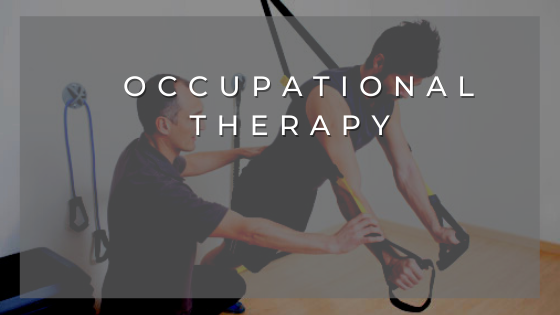The immune system serves as the body’s natural defense mechanism, protecting against infections, diseases, and harmful environmental factors. However, when immunity is compromised, the body becomes more vulnerable to illnesses and struggles to fight off bacteria, viruses, and toxins. Low immunity, or immune deficiency, occurs when the immune system is weakened, underactive, or unable to respond effectively to threats. Understanding the causes, symptoms, and solutions for low immunity is essential for maintaining overall well-being and preventing long-term health complications.
Causes of Low Immunity
Several factors can weaken the immune system, making it less effective in defending against pathogens. ภูมิตก เกิดจากอะไร – common causes include:
1. Poor Nutrition
The immune system relies on essential vitamins and minerals, such as Vitamin D, Vitamin C, Zinc, and Iron, to function properly. A diet lacking in nutrients can lead to weakened immunity, reducing the body’s ability to fight off infections.
2. Chronic Stress
Long-term stress can disrupt immune function, leading to increased inflammation and a higher risk of illness. The stress hormone cortisol suppresses immune responses, making it harder for the body to ward off infections.
3. Lack of Sleep
Sleep plays a crucial role in immune regulation. When individuals do not get enough restorative sleep, their immune system’s ability to produce antibodies and white blood cells diminishes, increasing susceptibility to infections.
4. Sedentary Lifestyle
Regular exercise helps boost immunity by improving circulation and reducing inflammation. However, a lack of physical activity can weaken immune responses, making it harder for the body to recover from illnesses.
5. Underlying Health Conditions
Certain medical conditions, such as diabetes, autoimmune disorders, and cardiovascular diseases, can contribute to low immunity. Individuals with these conditions often experience chronic inflammation that interferes with normal immune functions.
6. Excessive Alcohol and Smoking
Both alcohol and smoking can damage immune cells and reduce the body’s ability to fight infections. Excessive consumption weakens the respiratory system and increases vulnerability to viruses, particularly respiratory diseases.
7. Aging
As people age, their immune system naturally weakens, leading to a reduced ability to fight infections and recover from illnesses. Older adults may experience more frequent illnesses and slower healing times.

Symptoms of Low Immunity
People with weakened immunity may experience various health issues, including:
- Frequent colds or infections
- Slow wound healing
- Constant fatigue
- Digestive issues (gut microbiome imbalances)
- Inflammatory conditions
- Skin infections or dryness
- Recurring respiratory illnesses
Recognizing these symptoms early can help individuals take preventive measures to strengthen their immune defenses.
How to Boost Immunity
Improving immunity involves lifestyle changes and adopting health-conscious habits. Here are some effective ways to support immune function:
1. Maintain a Healthy Diet
Consuming immune-boosting foods such as leafy greens, citrus fruits, nuts, and probiotic-rich foods can enhance immune response and provide essential nutrients for better health.
2. Exercise Regularly
Moderate physical activity reduces inflammation, improves circulation, and strengthens the body’s ability to fight infections.
3. Get Enough Sleep
Prioritizing 7-9 hours of sleep per night helps regulate immune responses and supports overall well-being.
4. Manage Stress
Practicing mindfulness, meditation, and deep breathing exercises can reduce cortisol levels, improving immune efficiency.
5. Supplement Wisely
Taking Vitamin D, Zinc, and probiotics can provide extra support, particularly for individuals with nutritional deficiencies.
6. Stay Hydrated
Drinking plenty of water helps flush out toxins and supports immune cell function.
7. Avoid Harmful Habits
Reducing alcohol consumption, smoking, and processed food intake helps preserve immune health.
Conclusion
Low immunity can lead to frequent illnesses, slow recovery, and chronic health complications, making it vital to take proactive steps toward strengthening the immune system. By maintaining a healthy lifestyle, managing stress, and ensuring proper nutrition, individuals can significantly improve their body’s ability to fight infections and maintain overall vitality.
For those experiencing persistent immune-related issues, professional guidance from wellness experts—like those at The Wellness Thonglor—can provide personalized solutions for optimizing immune function and long-term health.




